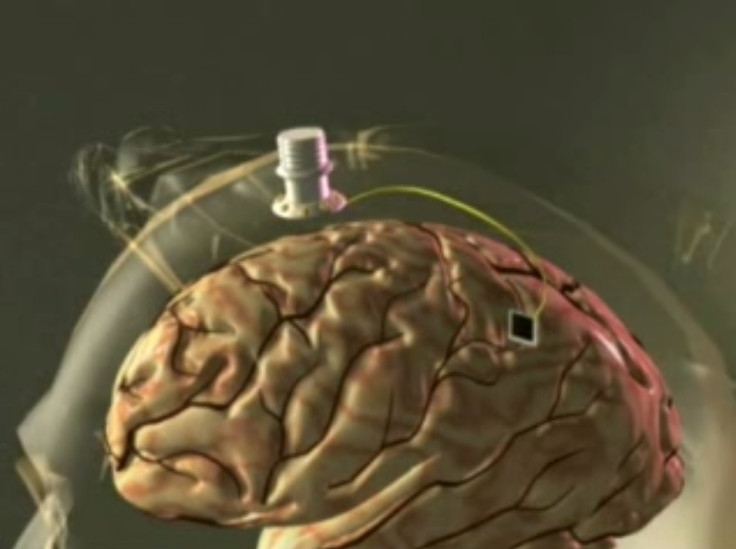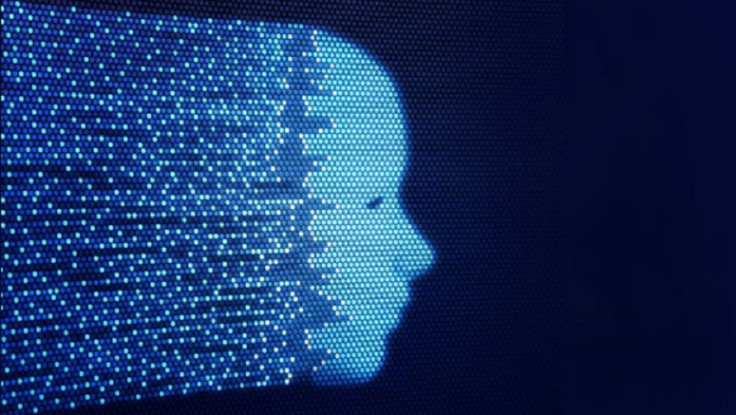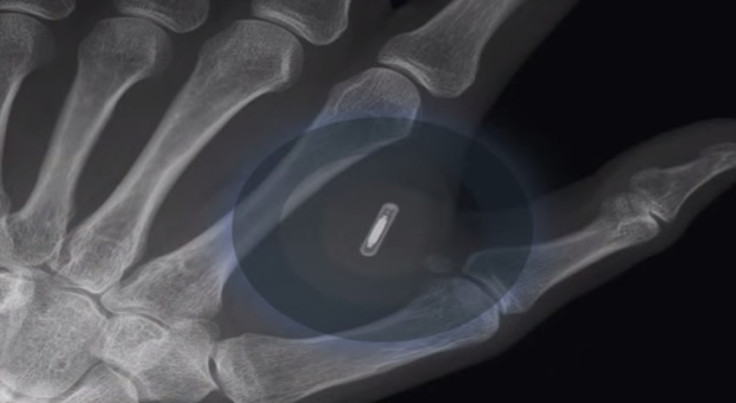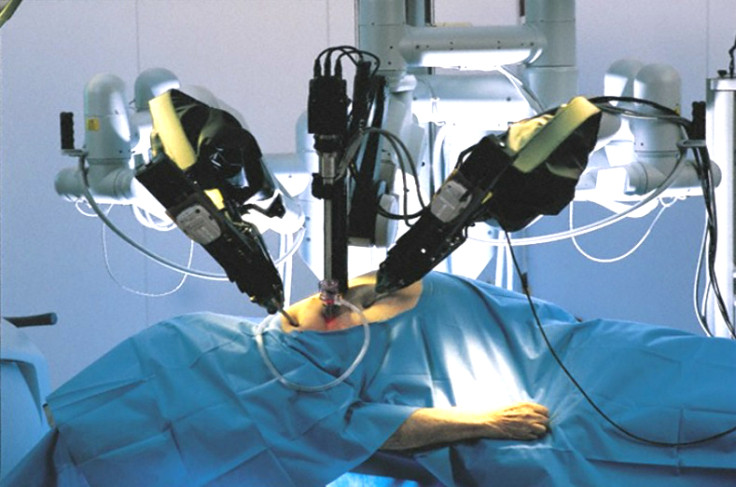Brain implants and robotic hearts: Transhumanist Zoltan Istvan's technology predictions for 2025

In 2005 the idea of virtual reality, 3D printing and driverless cars being readily available within the next 10 years seemed like wishful thinking. However the exponential rate of technological advancement has meant that the distance between science fiction and reality is no longer so vast. As noted Transhumanist and 2016 presidential candidate Zoltan Istvan delivers the Transhumanist Bill of Rights in Washington DC on December 14, IBTimes UK has asked him to look into his crystal ball for the year 2025 and make his top five predictions for the next 10 years.
1. First child with augmented intelligence will be born
"There's already technologies out there that may improve or outright replace CRISPR gene editing technology but, no matter what happens, genetic editing of the human embryo is here to stay," Zoltan says. "What's more, it may well prove to be the most important scientific advancement of the 21<sup>st century.

"Through these technologies we will be able to eliminate hereditary disease and improve human performance, but perhaps most importantly, we will be able to improve human intelligence and boost our own IQ – even potentially creating a new generation of Einsteins."
2. Quadriplegic in an exoskeleton suit to run quicker than the fastest natural sprinter
"Exoskeleton technology is at its infancy right now but because a third of the worlds population suffers from mobility issues, a massive amount of money is going to be poured into these technologies. Last year, a quadriplegic person at the World Cup kicked the first soccer ball, and this is just a sign of things to come.

"In 10 years time, through improved EEG technology and new exoskeletons., even someone who once couldn't walk could run at speeds faster than the fastest natural sprinter. Such incredible technology will enable a whole new form of competitions and perhaps even a transhumanist Olympics one day."
3. 25% of people will continue to post on Facebook after they're dead
"In 10 years time, Facebook won't just be Facebook, it will be a virtual reality system, and personal avatars will continue to post after a person is dead – and even keep wandering around VR worlds mimicking the person.

"Companies like ETER9, Terasem and Lifenaut will provide the type of software where people can download themselves and the amount they want to contribute to social media, giving family members and loved ones still alive a sense that the deceased is still present in their lives. Furthermore, new types of algorithms may not ony contribute to social media but could develop some form of their personality to continue the essence of the deceased.
4. Half of all Americans will have microchip implants in their bodies
"As the world becomes more technologically orientated, fewer people will want to carry around purses and wallets, when all this info can be contained in a microchip the size of a grain of rice that can be implanted in a person's hand.

"Besides identification and improving day-to-day efficiency, one of the most important reasons a person will have a chip is for health reasons. They could alert people about irregularities with their pulse or a drop in body temperature, or monitor glucose levels – as well as contain a person's entire medical history when they are admitted to hospital in the event of an accident."
5. The rich will replace their hearts with robotic hearts
"The artificial heart, and other robotic organs, have been around for decades but only in the last year has a company actually permanently replaced a heart with this technology. French-based Carmat has already successfully installed two completely artificial hearts in people. The world's number one killer is heart disease, responsible for 35% of the world's population's deaths.

"Within 10 years, rich people will begin to electively replace their biological heart with a mechanical heart in order to stave off a possible heart attack out of the blue. The artificial heart business is the holy grail of medicine and eliminating heart disease could change the very nature of being alive, as the heart is so responsible for the function of all organs, Additionally, artificial hearts will be Wi-Fi enabled and could be sped up with a smartphone to have wild sex when you want it and sped down to sleep better at night. The greatest challenge with artificial hearts is making sure they don't get hacked."
© Copyright IBTimes 2025. All rights reserved.






















